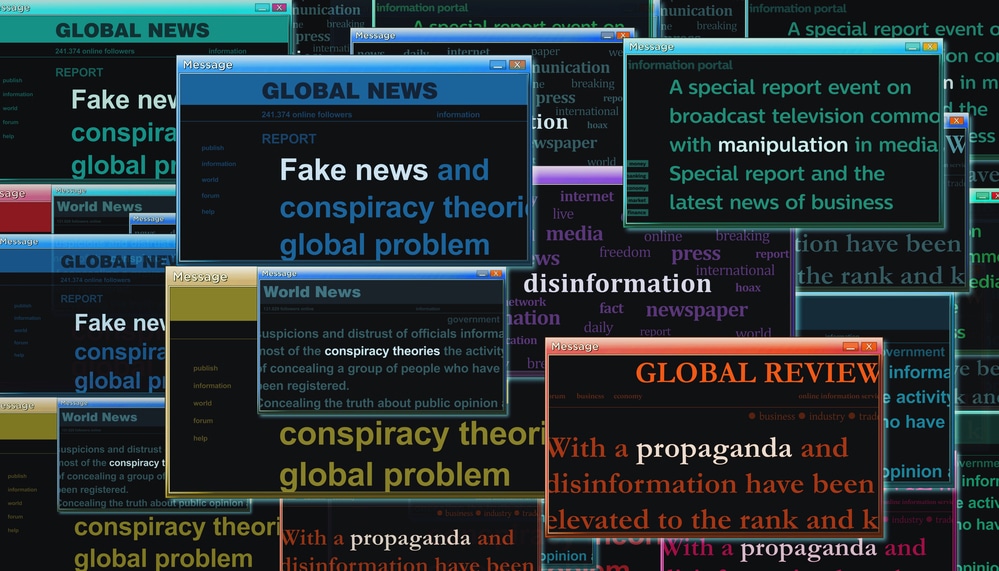
New AI testing solution helps avoid hallucinations
AI systems are only as dependable as the data and validation that lies behind them. Yet many organizations struggle to test AI models comprehensively across languages, regions, and use cases.
That’s why crowdsourced testing platform Testlio is launching a new, end-to-end AI testing solution as the latest addition to its managed service portfolio.

International collaboration aims to combat deepfakes and AI misuse
There’s increasing concern about the use of deepfakes and artificial intelligence to spread misinformation and contribute to fraudulent activity.
Today at the AI for Good Global Summit in Geneva, the AI and Multimedia Authenticity Standards Collaboration (AMAS), a global, multistakeholder initiative led by the World Standards Cooperation has today launched two flagship papers offering recommendations to guide the governance of AI globally and combat mis-and-disinformation.

Combating misinformation with AI document management [Q&A]
Many organizations rush to implement AI chatbots without addressing their document management issues first, but when these systems deliver incorrect information it can create significant risks.
But while AI is part of the problem it can also be part of the solution. We spoke to Stéphan Donzé, CEO of AODocs, to find out more.

Deepfakes: the next frontier in digital deception
Machine learning (ML) and AI tools raise concerns over mis- and disinformation. These technologies can 'hallucinate' or create text and images that seem convincing but may be completely detached from reality. This may cause people to unknowingly share misinformation about events that never occurred, fundamentally altering the landscape of online trust. Worse -- these systems can be weaponized by cyber criminals and other bad actors to share disinformation, using deepfakes to deceive.
Deepfakes -- the ability to mimic someone using voice or audio and to make them appear to say what you want -- are a growing threat in cybersecurity. Today the widespread availability of advanced technology and accessible AI allows virtually anyone to produce highly realistic fake content.

70 percent think misinformation could impact elections
As the US Congress talks about potentially banning TikTok, a new survey from Media.com shows that 70 percent of social media users are moderately to extremely concerned that misinformation will impact the 2024 US Presidential election.
Respondents are also inclined to hold social media companies accountable for misinformation and hate speech, with a slim majority (51 percent) favoring increased regulation and 62 percent calling for legal action for social platforms that allow misinformation to spread.

How AI is being used to spread misinformation
A new research paper from ShadowDragon examines how AI, such as ChatGPT, is being used to spread hate and misinformation via fake reviews and deepfakes.
Written by Nico Dekens, director of intelligence, collection innovation at ShadowDragon, the paper looks at how to identify AI-generated materials online that are intentionally spreading false information or worse.

Pinterest bans climate change misinformation with new policies
Pinterest has become the first major social network to implement a ban on users posting misinformation about climate change.
The image-focused social platform is putting in place new rules that means it will no longer be possible to post content that denies the existence or impacts of climate change, the human influence on climate change, or that climate change is backed by scientific consensus. Misleading posts, including those that misrepresent scientific data will also be banned.
